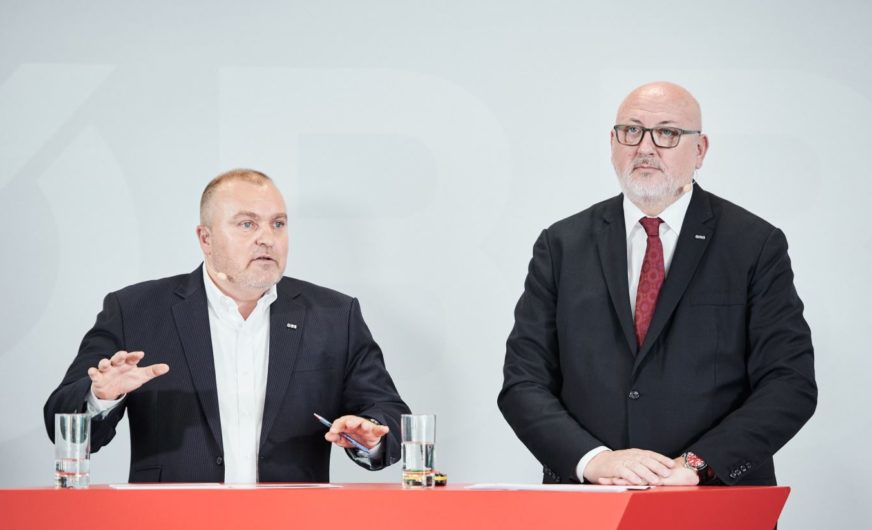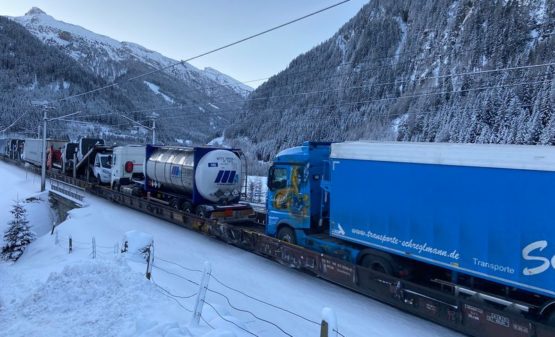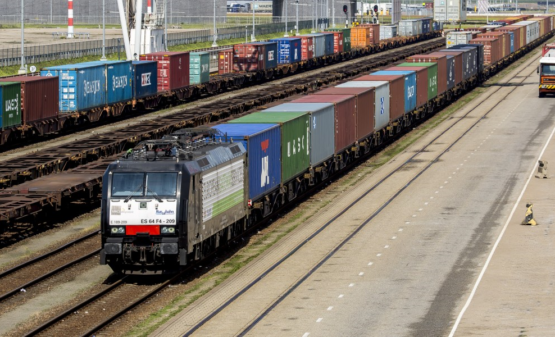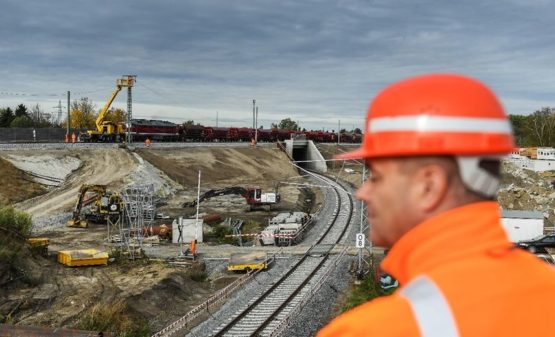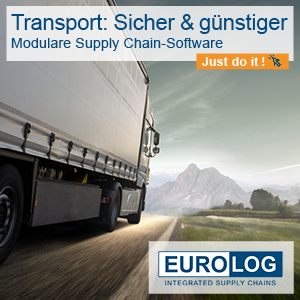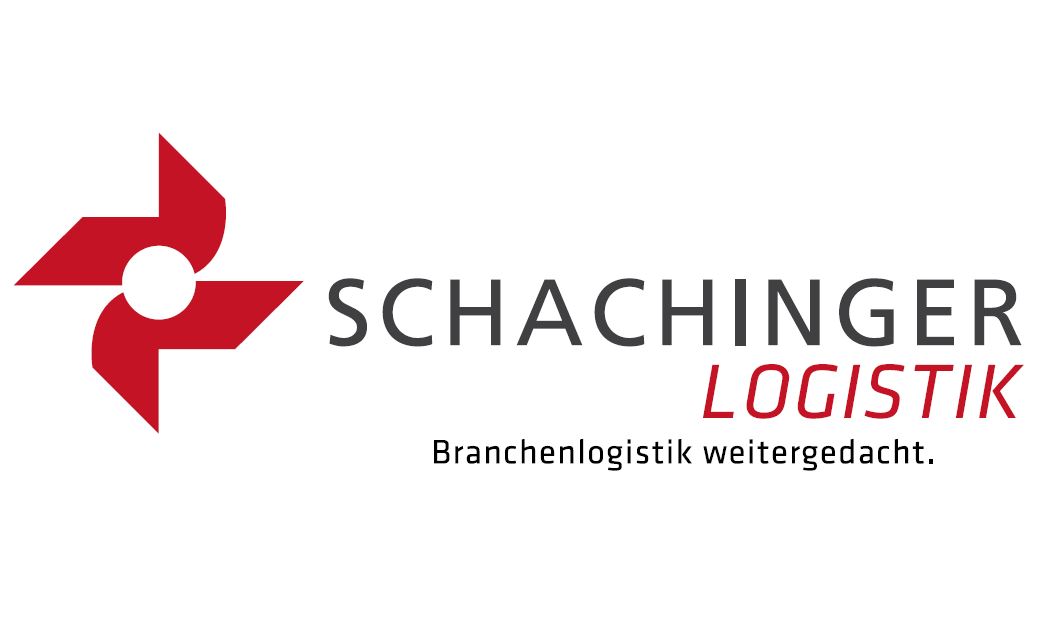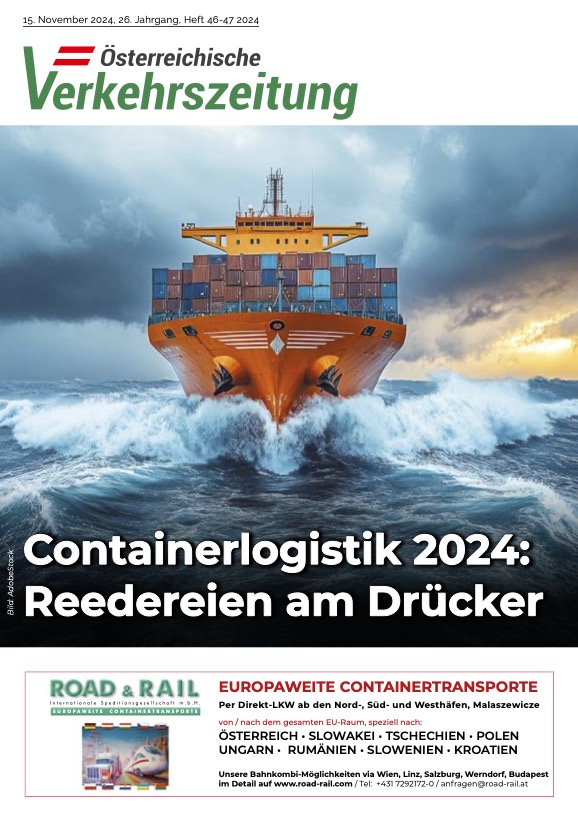The ÖBB’s cargo division has done a good job in 2018 and maintained its position in an increasingly rough environment. The reporting period was marked by increasing pressure on margins due to unfair competitive conditions compared with road transport and significant rises in costs (energy, route prices, staff etc.). This is how ÖBB CEO Andreas Matthä commented on last year’s development of the Rail Cargo Group when presenting the annual report.
In its 2018 annual report the ÖBB’s cargo division shows a 5%increase in sales revenues to EUR 2.3 billion. EBT dropped from EUR 42 million in 2017 to EUR 24 million. The marke related headwind caused a decline of the consolidated transport volume by rail of 2.2 per cent to 113 million net tonnes compared with the previous year.
The group had to face declines in national transport, while international freight transport is growing. Three quarters of all RCG’s 2,000 daily freight services are international.
In Asia, the ÖBB’s cargo division is fighting hard for new transports, in particular to China. In 2018 they operated around 400 trains to and from China – up to 600 connections are planned for 2019. In parallel to the introduction of a cost optimisation programme for freight transport, the ÖBB Group has started to search for a partner for Q Logistics GmbH. “The general cargo traffic did not turn positive also because of missing quantities,” said CFO Arnold Schiefer. The loss of the company in 2018, he said was EUR 27 million.
For the year 2019, Andreas Matthä and Arnold Schiefer strive for a continued internationalisation in freight transport. In order to position itself more strongly in the North Sea ports and in the chemical parks, the ÖBB board of directors announced the establishment and expansion of shuttles to/from Rotterdam, Antwerp, Zeebrugge, Hamburg and Bremer Hafen as a supplement to the existing regular services in the southern ports of Trieste, Koper, Rijeka and Piraeus.


